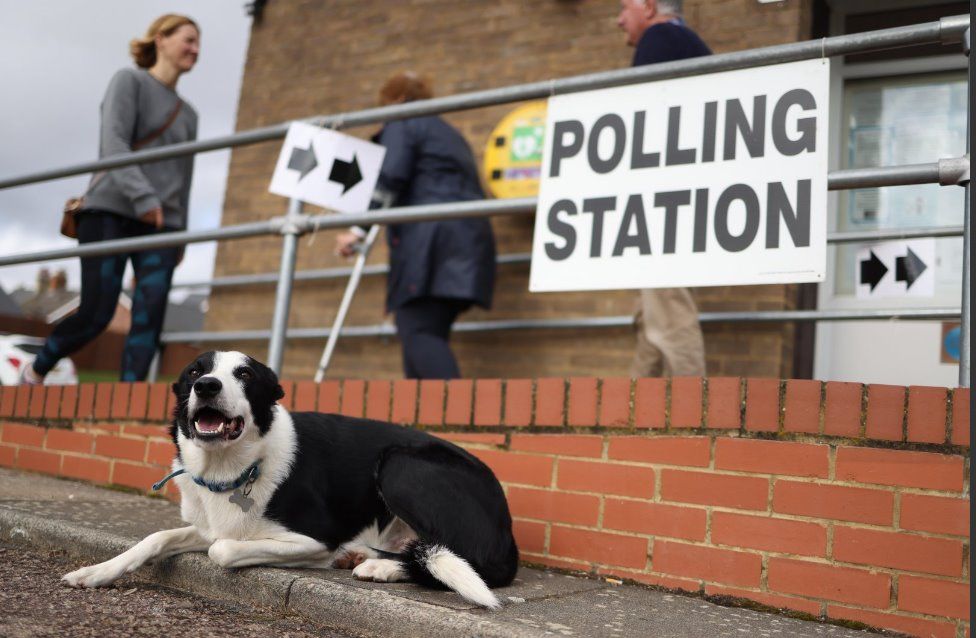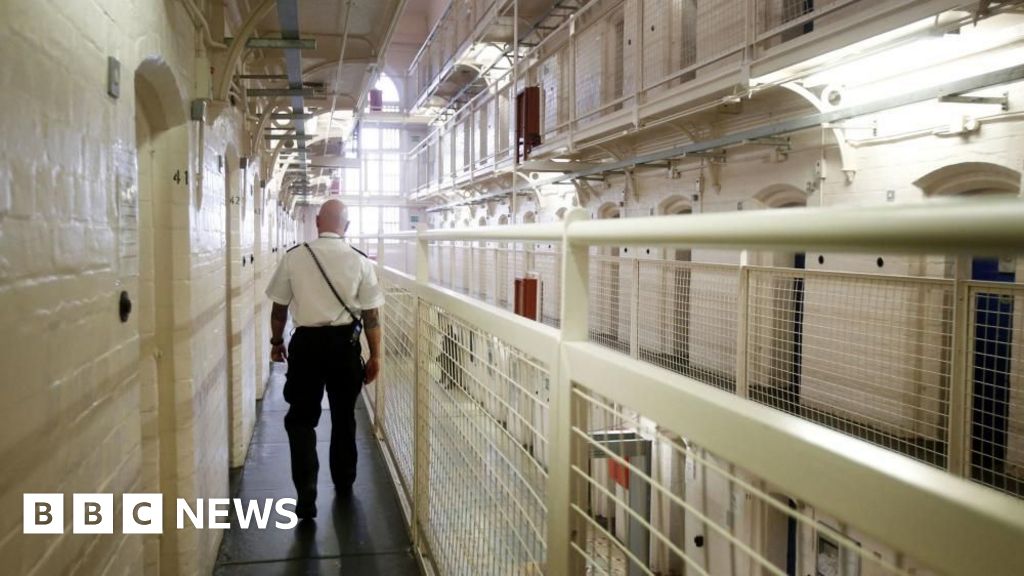ARTICLE AD BOX
 Image source, EPA
Image source, EPA
More than two million more British citizens living overseas will be able to register for a vote in general elections following a rule change.
Previously, people who left the UK more than 15 years ago lost their right to vote.
However, this rule has now been abolished under the Election Act 2022.
Affected British citizens will now be able to register in the last constituency they were signed up in before leaving the UK.
Once on the electoral register they will also be able to donate to political parties and campaigners.
Children who left the UK before voting age, can register using the address of their parent or guardian.
The change follows a long campaign by World War Two veteran Harry Shindler, who left the UK to live in Italy around 40 years ago.
Speaking to the BBC in 2011, he said: "There was a war to bring the vote to the people of Europe. We won the war, but some of the people who took part in the war, me included, are not allowed to vote themselves."
In 2021, he welcomed the news that the government was changing the rules calling it an "important day for freedom".
However, he did not live long enough to see the rule come into force, dying in 2023 at the age of 101.
Jane Golding, co-chair of the campaign group British in Europe, said: 'Voting is a basic citizenship right regardless of where someone lives.
"This is a historic change to the UK franchise after years of campaigning by ourselves and others, particularly long-term campaigner Harry Shindler, who sadly died before he could use his hard-won vote."
Prior to 2015, the number of overseas voters never rose above 35,000; however levels were boosted following a registration campaign leading up to the 2015 general election and increased interest ahead of the 2016 Brexit referendum.
At the last general election in 2019, more than 200,000 people were registered as overseas voters out of an estimated 1.2m who were eligible at the time.
The government has estimated that the number of people able to register after the rule change will increase from around 1m, to 3.2m-3.3m.
During debate of the Election Act in Parliament in 2022, Labour objected to the change, with shadow minister Alex Norris arguing that "wealthy donors who have not lived in the UK for decades will find it easier to contribute".

 1 year ago
32
1 year ago
32








 English (US) ·
English (US) ·